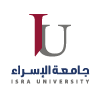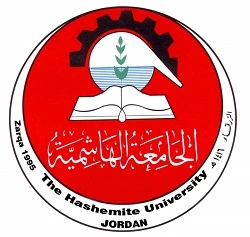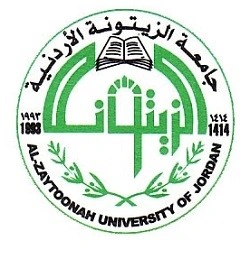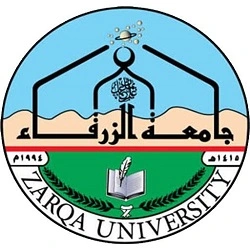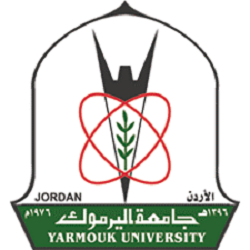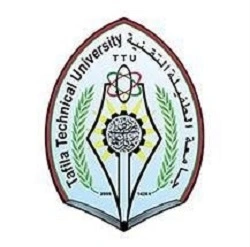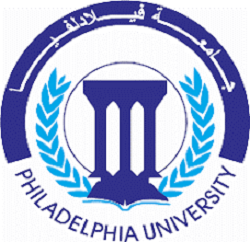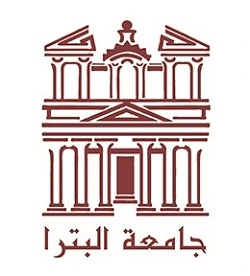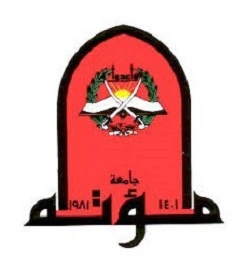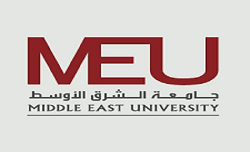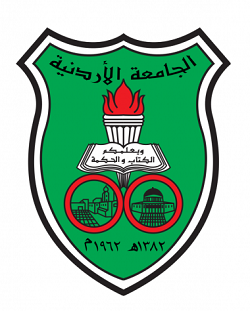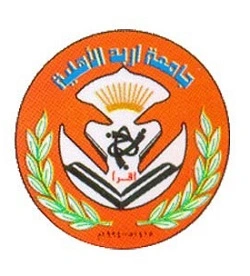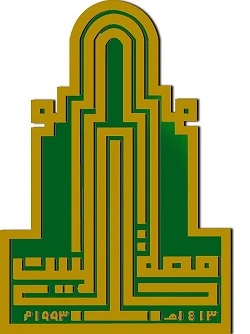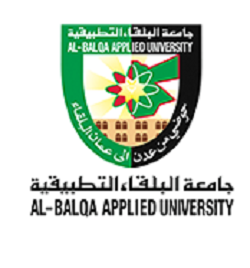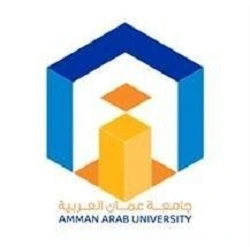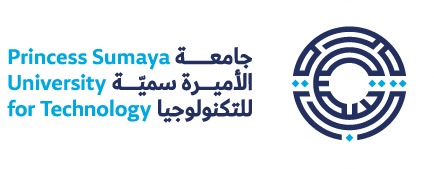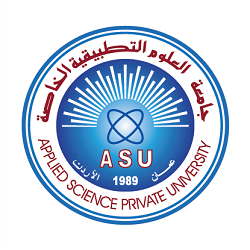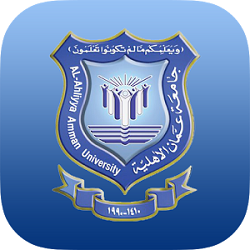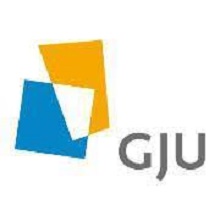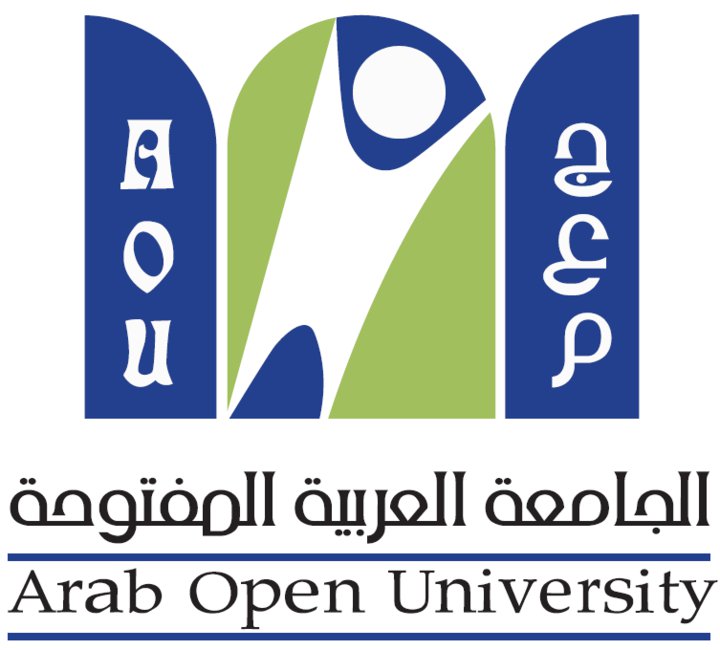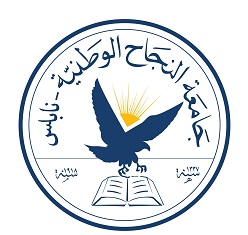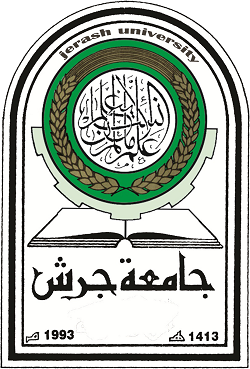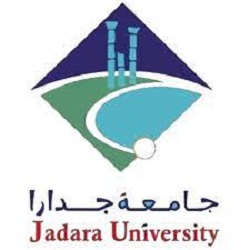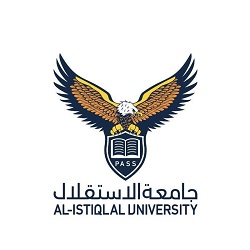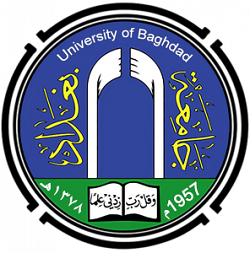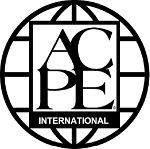كلية الصيدلة
Faculty Of Pharmacy
- Spreading the concept of quality.
- Determining the training needs of faculty members at the university.
- Developing integrated training strategies for faculty members.
- Improving the academic and research capabilities of faculty members.
- Holding training workshops, scientific meetings and sessions to meet the needs of the teaching staff and quality needs.
- Consolidating the concept of quality in academic and teaching work.
- Activating and strengthening communication with local, regional and international universities regarding development, training and quality.
- Measuring the performance indicators of the executive and teaching plans, and measuring the effectiveness of the academic programs to ensure quality.
- Enhancing faculty members' capacity to integrate sustainability concepts into teaching, research, and academic practices to advance the achievement of the Sustainable Development Goals (SDGs) and increase the university's institutional and societal impact.
According to ABET, student learning outcomes are used in all criteria , these outcomes are listed in the table below
Table(1): ABET Student learning outcomes (SLO’s)
|
1 |
An ability to identify, formulate, and solve complex engineering problems by applying principles of engineering, science, and mathematics |
|
2 |
An ability to apply engineering design to produce solutions that meet specified needs with consideration of public health, safety, and welfare, as well as global, cultural, social, environmental, and economic factors |
|
3 |
An ability to recognize ethical and professional responsibilities in engineering situations and make informed judgments, which must consider the impact of engineering solutions in global, economic, environmental, and societal contexts |
|
4 |
An ability to function effectively on a team whose members together provide leadership, create a collaborative and inclusive environment, establish goals, plan tasks, and meet objectives |
|
5 |
An ability to develop and conduct appropriate experimentation, analyze and interpret data, and use engineering judgment to draw conclusions |
|
6 |
Understand why regular maintenance is important for trouble free operation |
|
7 |
An ability to acquire and apply new knowledge as needed, using appropriate learning strategies. |
According to ABET, The relationship between Program Learning Objectives and Student Learning outcomes are shown in the table below.
Table (2): The relationship between Program Learning Objectives and Student Learning outcomes
|
No. |
Program Learning Objectives (PLO) |
ABET Student- Learning Outcomes |
||||||
|
SLO1 |
SLO2 |
SLO3 |
SLO4 |
SLO5 |
SLO6 |
SLO7 |
||
|
a. |
Knowledge of the basics of mathematics, science and engineering with deep knowledge of civil engineering. |
√ |
|
|
|
|
|
|
|
b. |
Achieve and identify engineering problems, social knowledge, health, safety, legal, management, sustainability and cultural issues and the consequent responsibility towards civil engineering. |
√ |
√ |
|
|
|
|
|
|
c. |
Ability to apply knowledge in mathematics, science and engineering. |
√ |
|
|
|
|
|
|
|
d. |
Ability to design, conduct experiments, analyses and interpret data. |
√ |
|
|
|
|
|
|
|
e. |
The ability to design a system, component or process to meet the needs required within the constraints of real economic, environmental, social, political and moral in addition to the requirements of health, safety, construction and sustainability. |
|
√ |
|
√ |
|
|
|
|
f. |
Ability to identify, formulate and solve engineering problems. |
√ |
|
|
|
|
|
|
|
g. |
Extensive education necessary to explain the impact of engineering solutions in a comprehensive economic, environmental and social context. |
|
√ |
|
√ |
|
|
|
|
h. |
Ability to use the techniques, skills and modern engineering tools for engineering practices. |
|
|
|
√ |
|
√ |
|
|
i. |
Ability to work with multidisciplinary teams. |
|
|
|
|
√ |
|
|
|
j. |
Apply knowledge of basic technical areas appropriate to civil engineering including but not limited to structural, geotechnical, environmental, transportation and water resources engineering. |
|
|
|
√ |
|
|
√ |
|
k. |
11. Ability to clarify basic concepts in management, business, public policy and leadership. |
|
√ |
|
√ |
|
|
|
|
l. |
Realize the need for lifelong learning and possess the competence to do so. |
|
|
|
|
|
|
√ |
|
m. |
Understanding and adhering to professional ethics, and the social, cultural and environmental responsibilities of civil engineers. |
|
√ |
|
|
|
|
|
|
n. |
Ability to communicate effectively in written or oral forms. |
|
|
|
|
|
|
√ |
|
o. |
Ability to clarify the importance of professional licensure. |
|
|
|
|
√ |
|
|
According to ABET, Relationship between Program Learning Objectives (PLO) to Program Educational Objectives
Table(3): Relationship between Program Learning Objectives (PLO) to Program Educational Objectives
|
No. |
Program Educational Objectives (PEOs) |
Program learning objectives |
||||||||||||||
|
a |
b |
c |
d |
e |
f |
g |
h |
i |
j |
k |
l |
m |
n |
o |
||
|
PEO1 |
To produce professionally competent Civil Engineers, capable of applying the knowledge of contemporary Science and Technology, to meet the challenges in the field of Civil Engineering and to serve the Society. |
√ |
√ |
|
|
√ |
√ |
√ |
|
|
√ |
|
|
|
|
|
|
PEO2 |
To prepare the Civil Engineering graduates to work in industry, government or other organizations in different capacities involving individual and teamwork. |
|
√ |
√ |
|
|
|
|
|
√ |
|
√ |
|
|
|
|
|
PEO3 |
To inculcate among the students the sense of ethics, morality, creativity, leadership, professionalism, self-confidence, and independent thinking. |
|
|
|
|
√ |
|
|
√ |
|
|
√ |
|
√ |
|
√ |
|
PEO4 |
To impart the training in problem visualization, surveying, analysis and planning for its solution. |
|
|
√ |
√ |
|
√ |
|
|
|
√ |
|
√ |
|
|
|
|
PEO5 |
To impart training for development of laboratory and design skills, communication skills and skills for software and other modern tool usage among the students. |
|
|
|
|
√ |
|
|
√ |
|
|
√ |
|
|
√ |
|
|
PEO6 |
To inculcate in the students the ability to take up the innovative research projects and to conduct investigations of complex Civil Engineering problems using research-based methods, thus urging them for higher studies |
|
|
√ |
|
|
|
√ |
|
√ |
|
√ |
|
|
|
|
الموظفون منسق التصنيفات الدولية This email address is being protected from spambots. You need JavaScript enabled to view it. الموظفون موظفه This email address is being protected from spambots. You need JavaScript enabled to view it. الموظفون منسق شعبة الاطار الوطني للمؤهلات وضمان الجودةFARAH SULEMAN MAHMOUD ALQATAWNA
Section
Job Title
E-mail
Ext.
RAWAN FAYEZ ABDALHAMID ABU FARDEH
Section
Job Title
E-mail
Ext.
Eman khalel al khateb

Section
Job Title
E-mail
Ext.
موظفين منسقة شؤون الاعتماد This email address is being protected from spambots. You need JavaScript enabled to view it.Banan Ali Selim Abu Adyeh

Section
Job Title
E-mail
Ext.


